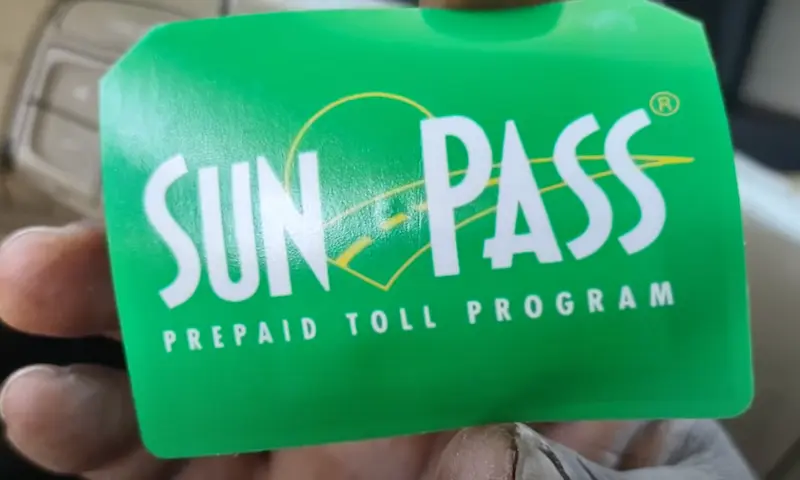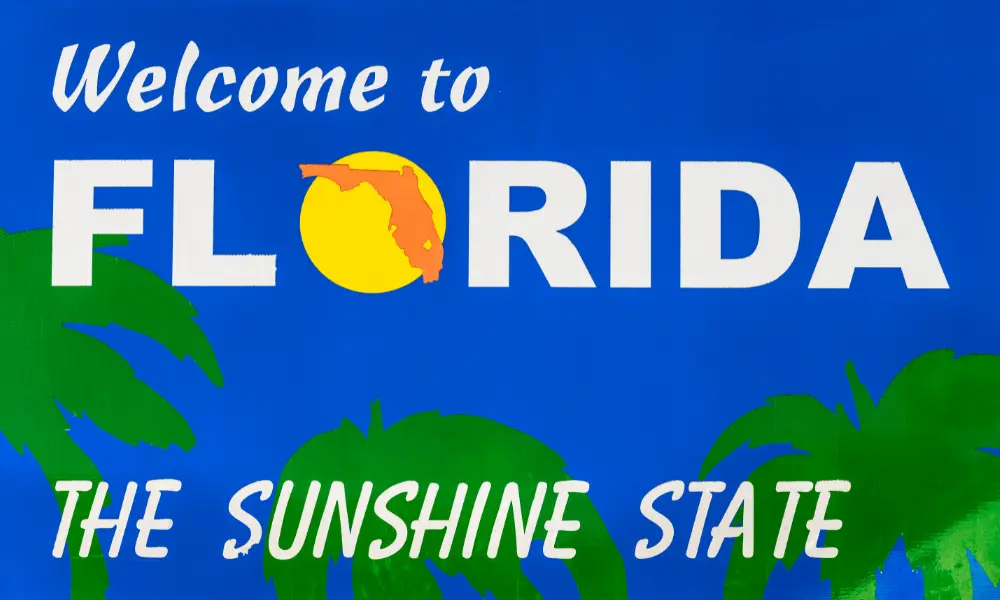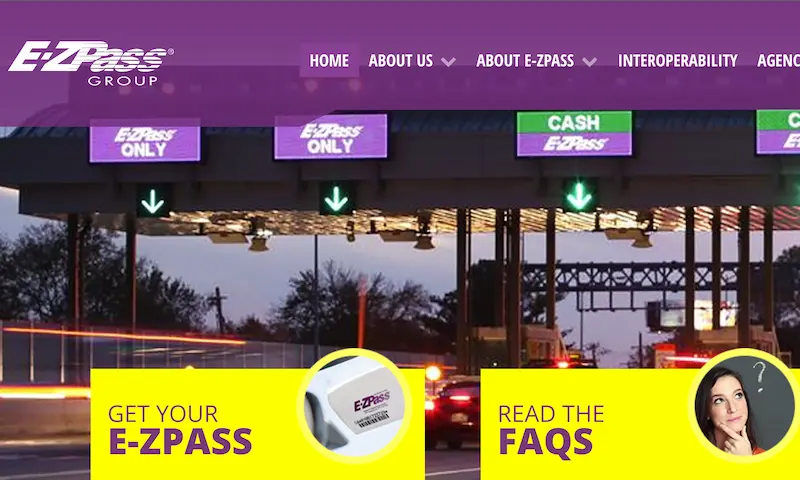Dealing with toll violations can be a real headache, especially when you see those hefty fees adding up. You might be wondering if it’s possible to get those toll violation fees waived. Good news: it is possible, and there are a few ways to go about it. Stick around to learn how you can save money and reduce your stress over tolls and violations.
Understanding Toll Violations
Toll violations can happen for various reasons, such as missed payments or incorrect information. It’s important to know what counts as a violation and why you might get a notice. This can help you avoid fees and problems with your vehicle registration.
What Constitutes a Toll Violation
A toll violation occurs when a driver fails to pay the required toll fee while passing through toll booths or using electronic toll collection systems. This can happen if the toll is not paid within the given time frame, if the driver’s EZPass or similar device is not detected, or if there are insufficient funds in the account.
Common Reasons for Receiving a Violation Notice
There are several common reasons why drivers might receive a toll violation notice. One reason is not having a valid electronic tolling device when passing through a toll booth. Without this device, the toll system cannot deduct the required fee, leading to a violation.
Another reason is having an incomplete or incorrect address on the account. If the toll notice is sent to the wrong address, the driver may miss the payment deadline. Additionally, insufficient funds in the EZPass or toll account can result in unpaid tolls, triggering a violation notice.
Sometimes, technical issues with the toll booth or electronic system can also cause violations. If the system fails to read your license plate correctly, it may lead to an unwarranted violation. Tracking these details can help prevent avoidable fees.
Toll Violation Fees and Fines
Understanding toll violation fees and fines is important when dealing with unpaid toll bills. Knowing how these fees are structured and what consequences you might face can help you manage and avoid additional penalties.
Structure of Toll-Related Fines
Toll-related fines vary depending on the agency and how long your toll bill goes unpaid. For instance, MTA Tolls can add a late fee of $5 if unpaid after 30 days. After 60 days, this fee might increase to $50 or even $100 per toll.
Often, these fines escalate quickly. For example, someone may rack up violations amounting to thousands of dollars if left unchecked. Keeping track of tolls and paying them promptly is essential to avoid these high penalties.
Toll agencies may offer ways to reduce or waive certain fees. Some options include signing up for an EZ Pass account or paying your balance as soon as you receive the toll bill.
Consequences of Unpaid Toll Violations
Unpaid toll violations can lead to severe consequences. Significant unpaid fines can result in the suspension of your vehicle registration. In some cases, repetitive unpaid tolls might even bar you from using specific bridges or tunnels.
Ignoring these fines isn’t wise. For example, failure to address NY EZ Pass violations can quickly escalate to larger sums, potentially affecting your ability to drive legally.
Taking action early by checking your toll bills and disputes is crucial. Contacting customer service or visiting their website can often resolve issues before they turn into larger penalties.
By managing your toll payments and addressing violations promptly, you can avoid these potential pitfalls and keep your driving record clear.
Waiver and Reduction of Violation Fees
You might be able to get your toll violation fees waived or reduced if you meet certain conditions. How you request a waiver and the process to resolve disputes can make a huge difference.
Eligibility Criteria for Fee Waiver
Eligibility for a toll violation fee waiver often depends on your financial situation and your history of payments. Some programs provide full waivers for low-income drivers. Others might allow a one-time waiver for any driver, but repeat violations may not be forgiven as easily.
In some areas, signing up for an EZ Pass or similar toll system account can help reduce or eliminate fees. Make sure to check specific requirements for the toll system in your region.
Applying for a Toll Violation Fee Waiver
To apply for a toll violation fee waiver, you often need to contact customer service. For example, you may need to call the FasTrak Customer Service Center or visit a walk-in center. It’s important to have your account number and violation details handy.
Some toll systems allow you to apply for a waiver or reduction online. You might need to fill out an affidavit stating your financial situation. Always provide accurate and complete information to avoid delays.
Dispute Resolution Process
If your request for a waiver is denied, you can usually dispute the decision. You may need to write a formal letter or fill out a dispute form, explaining why you believe the fees should be waived or reduced.
In some cases, you might be able to request a hearing. This can be done by mail or sometimes online. At the hearing, you’ll present your case to an official who will decide based on the evidence and regulations.
Disputes can also be resolved by showing proof of timely payments or errors in billing. Be sure to check your toll bill carefully to spot any mistakes early.
Documentation and Evidence
Organizing your documents and having the right evidence can play a big role in getting toll violation fees waived. You’ll need to maintain accurate records and submit strong evidence that supports your dispute.
Importance of Maintaining Accurate Records
Keeping accurate records is crucial when dealing with toll violation disputes. Always save your toll bills and payment receipts. This can include both physical copies and digital ones.
For instance, if you usually pay your tolls by mail, make sure you keep copies of the sent payments. This step can help you prove that you have made timely payments if there’s a dispute about a missing payment.
Another important document is the violation notice itself. Keeping a copy of this notice can help you understand the specific charges and dates involved.
Remember to also note any communication you have with the toll authority. This includes emails, letters, and even phone calls. Keeping a log can help you when you need to back up your claims.
Submitting Evidence to Support Your Case
When you’re ready to dispute a toll violation, you must submit evidence to prove your case. Start by making copies of all related documents. This might include toll payment receipts, your violation notice, and any email or written communications with the toll authority.
Along with your payment proof, you should send a detailed explanation of your case. For example, if there was an error in the mailing address which caused you to miss a bill, provide documents supporting this fact.
If you use an EZ Pass, show proof of your account and any transactions. Some drivers have successfully had fees waived when they showed they were registered with an EZ Pass but were mistakenly billed by mail.
Lastly, consider including any relevant dates and timestamps. This can help clarify the timeline and demonstrate how the mistake occurred.
Preventative Measures and Best Practices
Paying tolls on time and keeping personal information updated can help you avoid fines. Simple actions make a big difference.
Avoiding Future Toll Violations
The best way to prevent toll violations is to always pay your tolls promptly. Sign up for an E-ZPass account to streamline the payment process. With E-ZPass, your tolls are deducted automatically, reducing the chance of missing payments.
Set up notifications by email or text to remind you when payments are due. Regularly check that your account has enough funds to cover your tolls.
Be careful when driving through toll lanes. Use the correct lanes, especially if you’re in a rental or a fleet vehicle. Misusing lanes can result in unexpected violations. Keeping receipts from your toll payments can help resolve any disputes that arise.
Regularly Updating Personal and Vehicle Information
Always keep your vehicle registration and personal information current with the toll authorities. This includes your address, phone number, and email. If you change addresses or purchase a new vehicle, update these details as soon as possible.
Check that your license plate information is accurate in the toll system. Mistakes in plate numbers can lead to incorrect toll charges or violations. For those using E-ZPass, make sure the transponder is correctly linked to your license plate and account.
Ensure your toll notices reach you by maintaining current contact details. Missing a notice due to outdated information can result in hefty fines. Stay proactive and verify that toll agencies have your latest information to avoid unnecessary penalties.
















